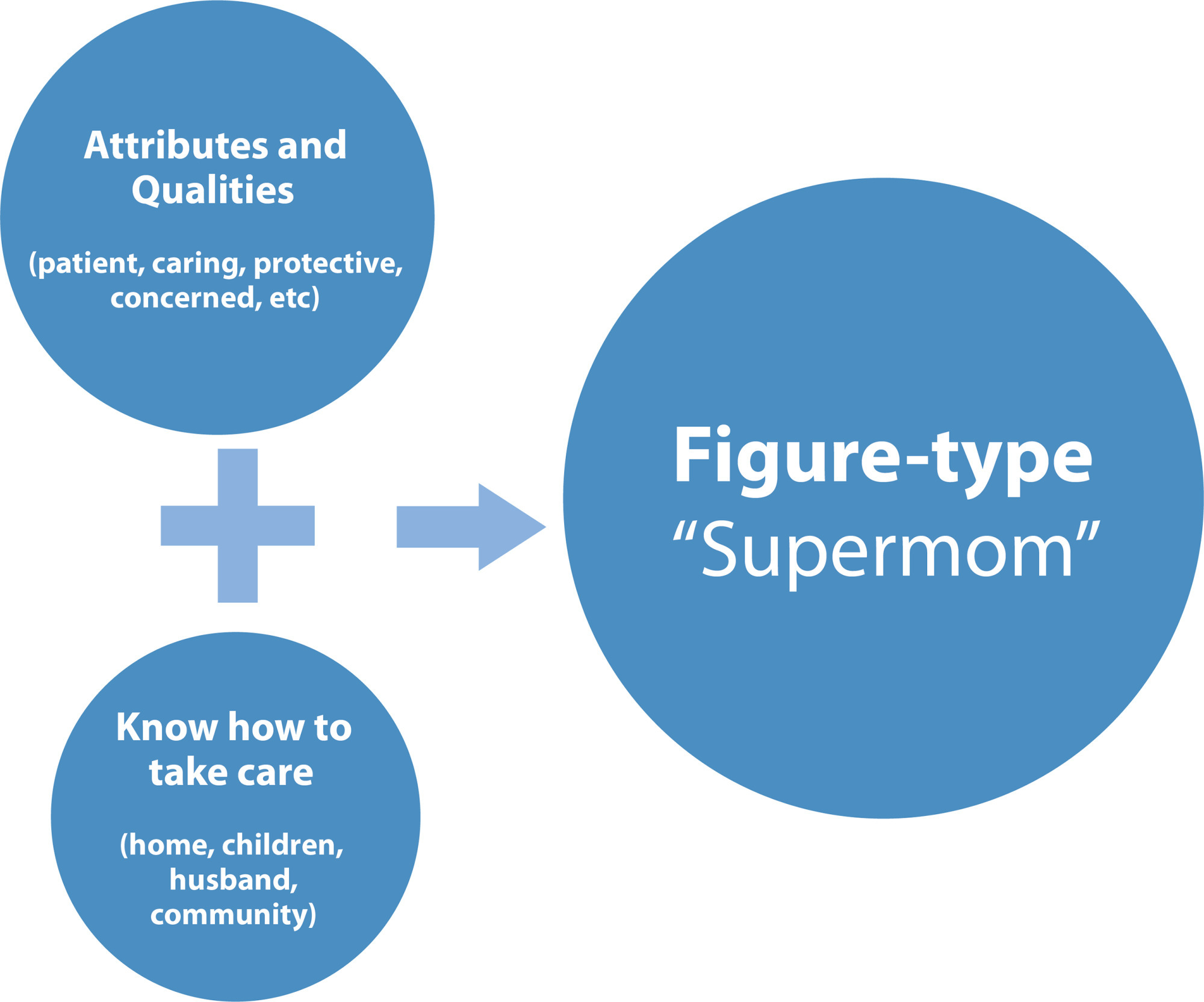-
ORIGINAL ARTICLE
Autonomy in the reproductive health of quilombolas women and associated factors
Revista Brasileira de Enfermagem. 2020;73(suppl 4):e20190786
09-21-2020
Resumo
ORIGINAL ARTICLEAutonomy in the reproductive health of quilombolas women and associated factors
Revista Brasileira de Enfermagem. 2020;73(suppl 4):e20190786
09-21-2020DOI 10.1590/0034-7167-2019-0786
Visualizações0ABSTRACT
Objective:
Identify the level of reproductive autonomy of quilombola women and associate it with sociodemographic characteristics and aspects of sexual and reproductive health.
Methods:
Cross-sectional census study carried out in quilombola communities in a municipality in Bahia. Data was collected through questionnaires from the National Health Survey and the Reproductive Autonomy Scale, applied to quilombola women who agreed to participate. Descriptive statistics procedures were used and associations were made between reproductive autonomy scores and sociodemographic and reproductive characteristics.
Results:
The average total score for reproductive autonomy was 2.06. An association was found between the “decision-making” score and marital status. The score for “total reproductive autonomy” was associated with the use of contraceptive method.
Conclusion:
The reality of the study participants converges with the literature regarding the interference of sociodemographic and reproductive factors in the reproductive autonomy of black women.
Palavras-chave: African Continental Ancestry GroupPersonal AutonomyReproductive HealthSocioeconomic FactorsWomenVer mais -
ORIGINAL ARTICLE
Nurses’ practice in quilombola communities: an interface between cultural and political competence
Revista Brasileira de Enfermagem. 2020;73(5):e20190433
07-08-2020
Resumo
ORIGINAL ARTICLENurses’ practice in quilombola communities: an interface between cultural and political competence
Revista Brasileira de Enfermagem. 2020;73(5):e20190433
07-08-2020DOI 10.1590/0034-7167-2019-0433
Visualizações0ABSTRACT
Objectives:
to understand Family Health Strategy nurses’ practices in the context of quilombola communities with an interface for cultural and political competences.
Methods:
a single integrated, qualitative case study carried out on seven Family Health Strategies located in the Metropolitan Region of Belo Horizonte, state of Minas Gerais. Seven nurses and 59 quilombolas participated. Data were collected through individual interviews with nurses, collective interviews with quilombolas and observation. For analysis, the thematic content analysis was adopted.
Results:
the results revealed structural and territorial problems, which are configured as barriers for professional-user encounter as well as for professional practice performance.
Final Considerations:
it is necessary that Family Health Strategy nurses, based on political and cultural competences, create strategies that minimize the difficulties found in the implementation of health actions directed to quilombolas. Such strategies anchored in inclusive public policies.
Palavras-chave: African Continental Ancestry GroupCultural CompetencyNursingPrimary Health CareProfessional CompetenceVer mais -
REVIEW
Access of the black population to health services: integrative review
Revista Brasileira de Enfermagem. 2020;73(4):e20180834
06-01-2020
Resumo
REVIEWAccess of the black population to health services: integrative review
Revista Brasileira de Enfermagem. 2020;73(4):e20180834
06-01-2020DOI 10.1590/0034-7167-2018-0834
Visualizações0ABSTRACT
Objectives:
demonstrate and discuss how the black population’s access to health services occurs
Methods:
integrative literature review with the following question: How does the black population’s access to health services occur? The search was carried out in the Scholar, LILACS and SciELO databases and used the descriptor “access to health services” and the term “population,” resulting in a sample with twelve articles.
Results:
studies show that the difficulty of access is a fundamental factor for the quality of life of people, directly compromising preventive services, especially for women’s health and, in addition, it has significant impact on the illness process of the black population within its particularities.
Final Considerations:
several limiting factors compromise the black population’s access to health services, including institutional and structural factors
Palavras-chave: African Continental Ancestry GroupHealth of Ethnic MinoritiesHealth PolicyHealth Services AccessibilityPrimary Health CareVer mais
-
ORIGINAL ARTICLE
Images of alcohol in the adolescents’ life of one quilombola community
Revista Brasileira de Enfermagem. 2019;72(2):468-475
04-18-2019
Resumo
ORIGINAL ARTICLEImages of alcohol in the adolescents’ life of one quilombola community
Revista Brasileira de Enfermagem. 2019;72(2):468-475
04-18-2019DOI 10.1590/0034-7167-2018-0264
Visualizações0ABSTRACT
Objective:
To analyze the images of alcohol in the rite of passage of adolescents of a quilombola community.
Method:
Qualitative and participatory study was developed by Creative and Sensitive Method, and guided by generated questions: “In my house, alcohol is...”; “Near my house, I see alcohol in...” Ten adolescents who live in a quilombola community in the north of the state of Espírito Santo, Brazil, participated in the group dynamics. The material was submitted to a thematic analysis.
Results:
Images of alcohol are common in the daily life of adolescents and can be seen in bars drinks, in their homes or in soccer fields; in different moments within the community (weekend barbecues, church celebrations, after soccer); and also in rites of passage, where adolescents first sipped or tasted alcohol with friends or socially with adults.
Final Consideration:
Alcohol in quilombola communities is cultural, and socially accepted, which turns it into a challenge for health professionals to promote health education with these adolescents.
Palavras-chave: Adolescent BehaviorAfrican Continental Ancestry GroupEthanolPediatric NursingPublic HealthVer mais
-
PESQUISA
Health practices: the view of the black elderly population in a terreiro community
Revista Brasileira de Enfermagem. 2016;69(4):633-640
01-01-2016
Resumo
PESQUISAHealth practices: the view of the black elderly population in a terreiro community
Revista Brasileira de Enfermagem. 2016;69(4):633-640
01-01-2016DOI 10.1590/0034-7167.2016690403i
Visualizações0Ver maisABSTRACT
Objective:
to understand health practices of black, elderly people in a terreiro community (community of followers of traditional African-Brazilian religions).
Method:
qualitative descriptive study under the Black-African paradigm of civilization constituted by the Black-African cultural complex and the structuring elements of the African cosmovision. Semi-structured interviews were carried out from July to September 2013, with six black older people from a terreiro community in Porto Alegre, RS.
Results:
thematic content analysis resulted in the following categories: Ancestry; Belonging: the way to know and practice health; Health knowledge and practices in terreiro communities; and Complementarity: promoting health in the terreiro and traditional medicine and its respective subcategories.
Conclusion:
the study understood the importance of having a knowledge of the practices of African traditions in both the lifestyle and health of the older black population to help with nursing planning and interventions in response to their needs.




